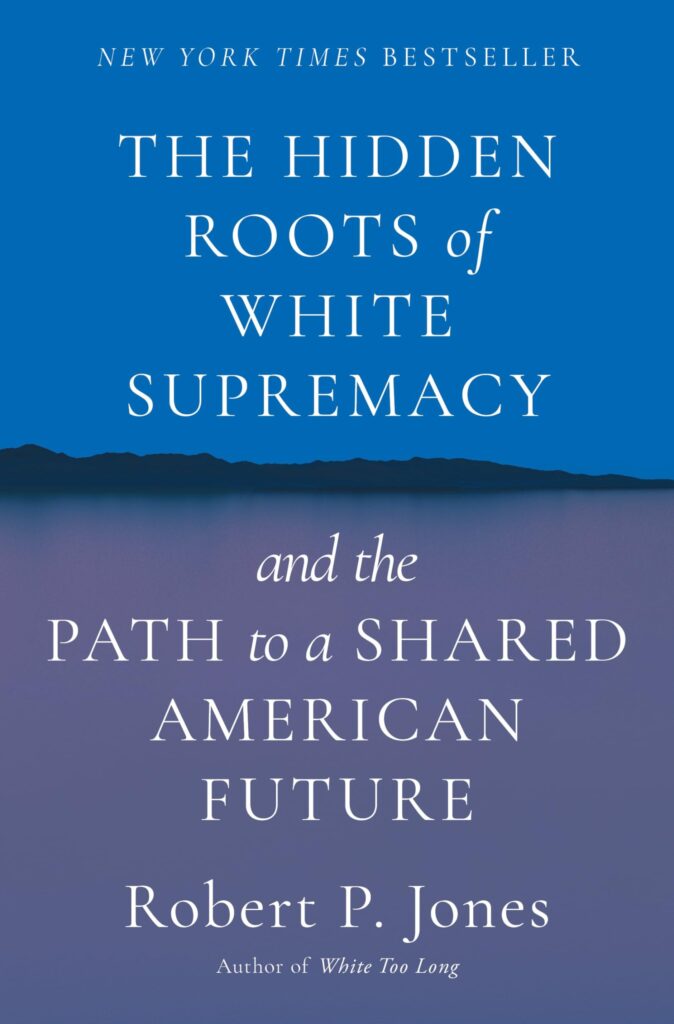

 Thousands march ahead of the jury selection in Derek Chauvin trial, March 7, 2021. Photo by Chad Davis, via Wikimedia Commons (CC BY-SA 2.0)
Thousands march ahead of the jury selection in Derek Chauvin trial, March 7, 2021. Photo by Chad Davis, via Wikimedia Commons (CC BY-SA 2.0)
As we close our series of blogs on the Fourth World Journal Special Issue: Nations International Criminal Tribunal (NICT), we’ve been honored to share the work of scholars, advocates, and community members reimagining justice through Indigenous perspectives. Each contribution has challenged us to confront colonialism’s profound legacies and consider new legal frameworks rooted in self-determination and collective healing.
Our final blog features a book review of Robert P. Jones’ The Hidden Roots of White Supremacy and the Path to a Shared American Future by Dina Gilio-Whitaker (Colville Confederated Tribes). In this piece, Gilio-Whitaker engages Jones’ 2023 work, reflecting on his exploration of white Christian supremacy in the U.S.—particularly how it is embedded in legal instruments like the Doctrine of Discovery (DoD). At a time when white nationalist movements are gaining strength and Indigenous sovereignty remains under threat, her review invites readers to think critically about how systems of power are upheld—and how Indigenous-led justice can offer a different path forward.

By Dina Gilio-Whitaker, M.A.
This review of Robert P. Jones’ 2023 book, The Hidden Roots of White Supremacy and the Path to a Shared American Future, examines Jones’ analytical approach to the origins of white Christian supremacy in the U.S. Jones’ work resonates deeply with the current Trumpian moment of white conservative backlash and anti-Blackness, tracing the roots of institutionalized racism to the early Atlantic slave trade. A key point is his discussion of the Doctrine of Discovery (DoD)—a papal verdict that enshrined the dispossession of Indigenous land into Indian law. However, the author raises concerns about portraying the DoD as a race-based phenomenon, arguing that this characterization obscures critical distinctions between white supremacy and settler colonialism. As such, the right to self-determination under tribal law merits further discussion, particularly as Indian nationhood faces increasing endangerment under current U.S. authorities.

Dina Gilio-Whitaker is a Native American studies scholar and journalist, focusing on the topics of environmental justice, Indigenous knowledge, and identity. She is a lecturer faculty in American Indian Studies at California State University San Marcos and co-founder of the Indigenous Climate and Environmental Collaborative at CSUSM, advising researchers, conservation and other organizations on Indigenous engagement and policy-based protocols. Her most recent book is the award-winning As Long As Grass Grows: The Indigenous Fight for Environmental Justice, from Colonization to Standing Rock, released in 2019 and her forthcoming book Who Gets to be Indian: Ethnic Fraud and Other Difficult Conversations about Native American Identity is scheduled for release in fall 2025 from Beacon Press.
The library is dedicated to the memory of Secwepemc Chief George Manuel (1921-1989), to the nations of the Fourth World and to the elders and generations to come.
access here